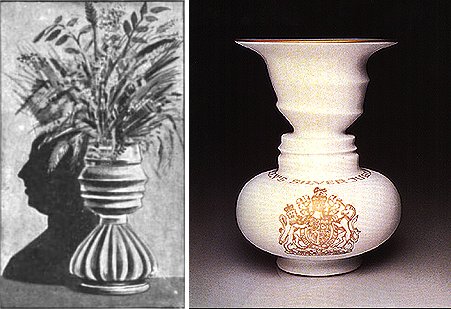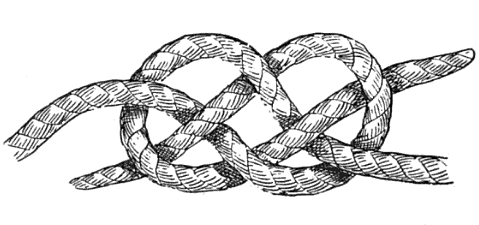For out-and-out politeness commend us to Mr. Justice Graham, who when once presiding at the Old Bailey in the days when the law sent crowds to the gallows, had to sentence no less than sixteen prisoners to death. In reading out their names he inadvertently missed one — John Robins — and then with due solemnity exhorted them to prepare for their doom, and pronounced on each the sentence of death. The condemned left the dock, and his lordship’s attention was called to the fact that he had omitted to read John Robin’s name. ‘Bring him back,’ said the Judge. ‘By all means let John Robins step forward.’ Back came the unfortunate man, and Graham, addressing him in his singularly courteous manner, assured him that ‘the omission was purely accidental, and I ask your pardon for my mistake. I am very sorry, and can only add that you will be hanged with the rest.’
— Law Notes, March 1905




